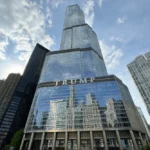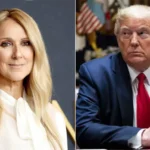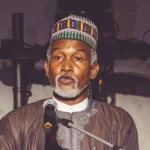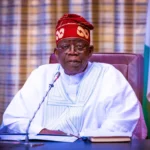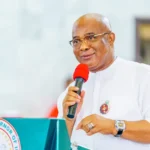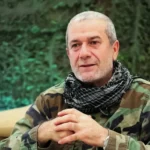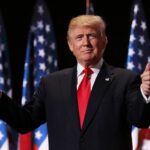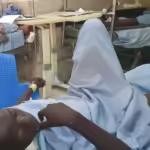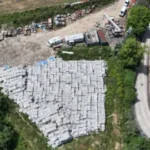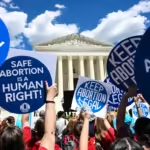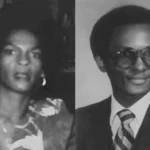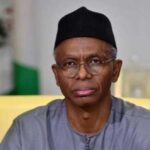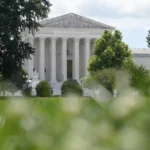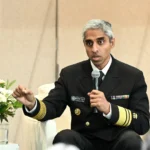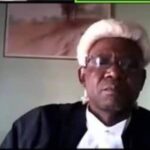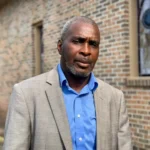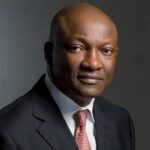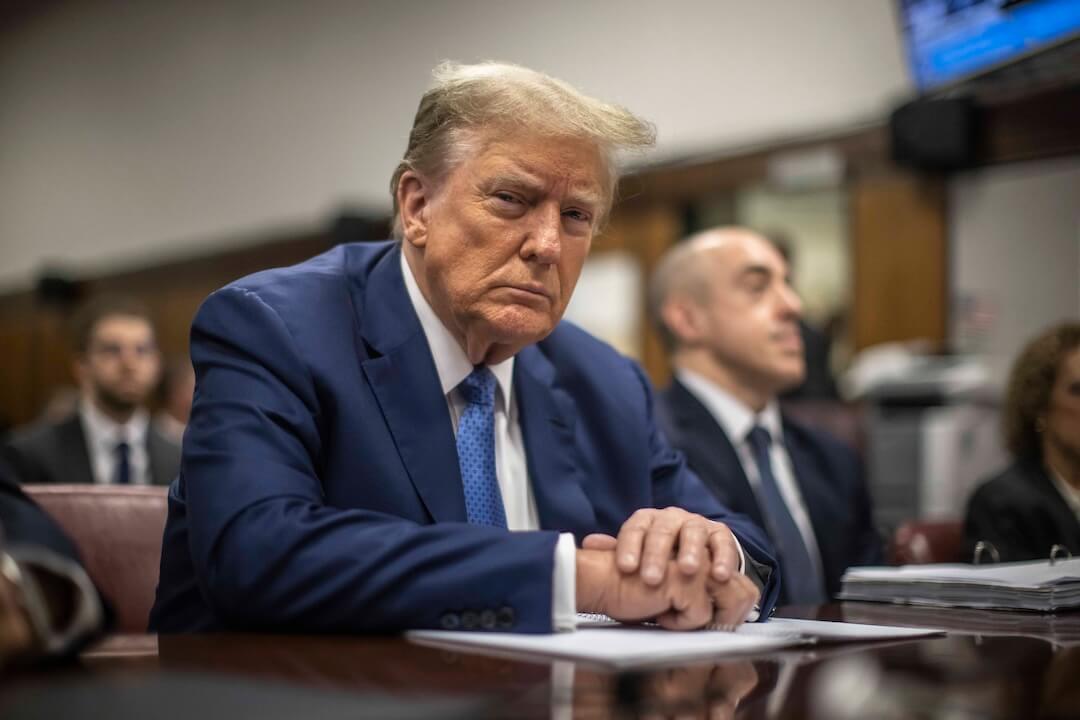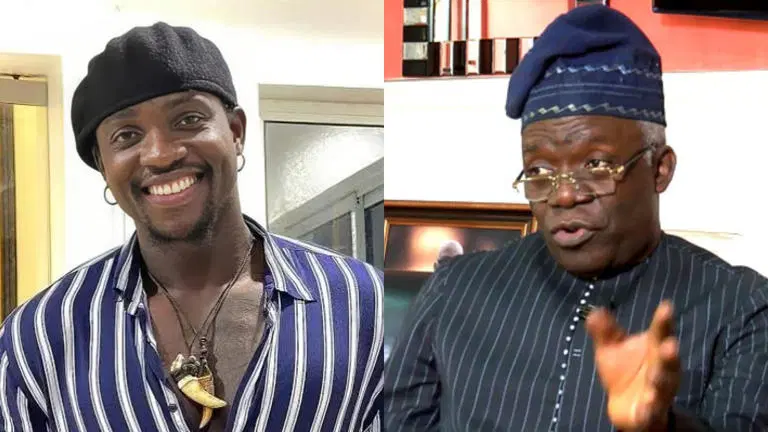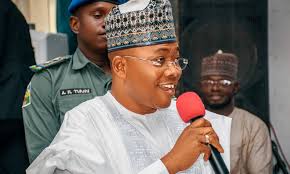The guilty verdict Thursday in former President Donald Trump’s hush money trial likely will not affect plans by U.S. intelligence agencies to provide him with briefings after he is formally named the Republican presidential nominee, a U.S. official told NBC News.
The intelligence briefings for presidential nominees are not mandated by law but are a custom dating back to 1952, designed to ensure a smooth transition of power and to prepare a prospective commander in chief for office. The presidential nominees do not require a security clearance to receive the briefings and a felony conviction against a nominee would not prevent the briefings from proceeding.
As NBC News reported in March, U.S. officials planned to provide Trump with intelligence briefings even though he faces 40 federal criminal charges in a separate case alleging that he mishandled classified information after he left office.
Canceling the briefings for Trump could open President Joe Biden up to accusations that he is trying to politicize access to intelligence, current and former U.S. officials say.
In the summer of 1952, then-President Harry Truman, who created the Central Intelligence Agency during his tenure, came up with the idea of having each presidential nominee briefed by intelligence officers, telling his CIA director: “There were so many things I did not know when I became president.”
Larry Pfeiffer, a former chief of staff at the CIA and now the director of the Hayden Center for Intelligence at George Mason University, said the intelligence briefings typically provide information that is not top secret but at a lower level of classification. The briefings “would very likely not include information about sources or methods” behind the intelligence, Pfeiffer said.
“The fact that Trump has now been convicted of fraud sadly provides further evidence that the former president holds the concept of trust in very low regard. Trust is fundamentally what makes our system of protecting secrets work,” Pfeiffer told NBC News.
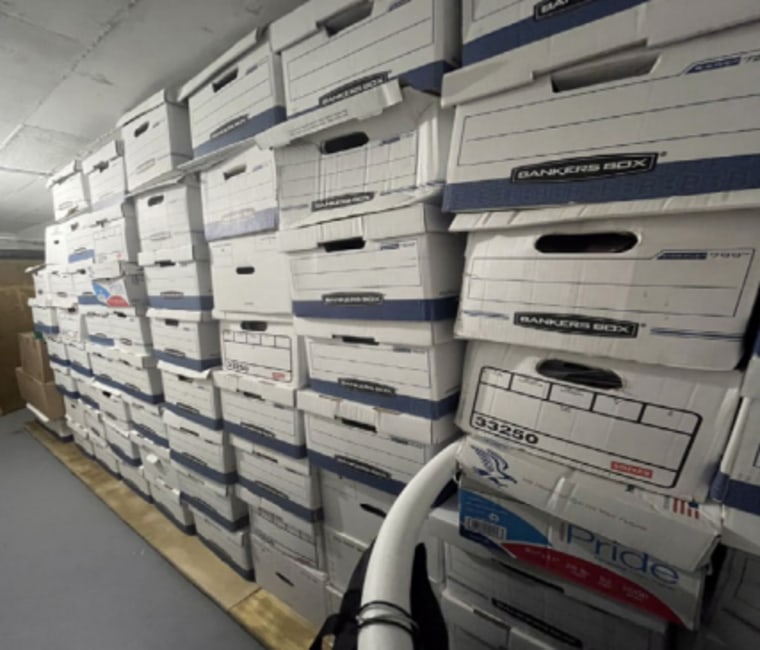
“I imagine the DNI (director of national intelligence) will weigh this additional evidence but conclude that the greater good would still be achieved in sticking with the tradition of providing him these lower level tour d’horizon of worldwide threats.”
The Office of the Director of National Intelligence, which is in charge of the candidate briefings, declined to comment.
During his time at the White House, Trump was accused of revealing secret information during a conversation with Russian Foreign Minister Sergey Lavrov and when he tweeted an image of a Iranian satellite launch. After he left office, he was indicted on federal criminal charges for allegedly retaining a trove of classified documents at his Mar-a-Lago estate in Florida.
Federal prosecutors say investigators found boxes of sensitive documents stored in various parts of Mar-a-Lago, including in a bathroom, a ballroom and his bedroom.
The former president, who has pleaded not guilty, faces 40 felony charges, including willful retention of national defense information, false statements and representations, conspiracy to obstruct justice, withholding a document or record, and corruptly concealing a document.
Trump and his lawyers have rejected the charges, arguing that he had a right to possess the documents, that he should be immune from prosecution because he removed the papers while he was president, and that he is being singled out for prosecution unlike other former officeholders.



